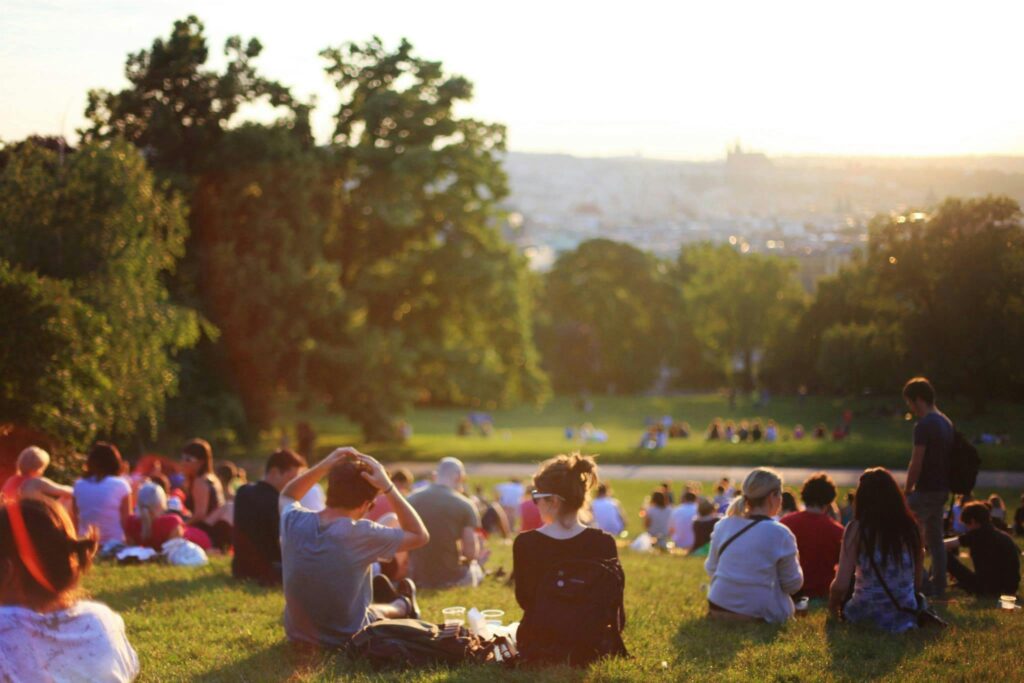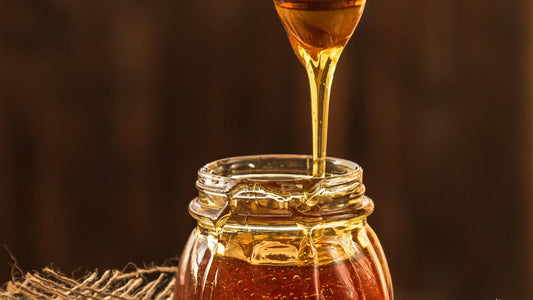
Ecotherapy: Nature and its Therapeutic Effects
Share
Do you remember a moment when you felt better by simply taking a walk in the nature? If so, it is not surprising. Nature, in fact, supports our mental health in profound ways.
Utilizing the power of nature is not a new concept. Since the beginning of human history, nature has helped us maintain our existence by providing shelter, food, and medicine. It always showed us endless generosity. However, nature is not only a home or a source for us; but also a helping hand when we need it most. A friend we can visit whenever we need, listening to us without judging with immense warmth. This is what we need most of the time, right?
The Science of Ecotherapy
Our innate connection to the natural world is a cornerstone of our well-being. And this connection is at the heart of ecotherapy.
Ecotherapy emerges as a promising approach when the therapeutic effect of nature is combined with psychology. Several activities, such as horticulture, walking in nature, animal-assisting, and many other nature-related activities can be involved. Besides, respecting nature and understanding other species as well as their well-being are interpreted within the scope of ecotherapy.
Ecotherapy can be implemented for individuals and groups depending on the need and context by trained experts. A combination of ecotherapy and other forms of interventions are also available. For example, eco-art therapy finds a place in therapy and counselling practices by bringing together two important sources for healing: art and nature.

The benefits and beauty of nature leave a mark wherever it touches, including therapy practices.
See how?
Better Well-being Through Ecotherapy
Well-being is not a single-way construct, as it has different dimensions and perspectives. Yet, for healthy functioning, integrative overall well-being is necessary, which is associated with positive functioning in many domains. Generally speaking, living a life aligned with our goals and feeling good and fulfilled may represent our well-being.

Various life events or transitions possibly impact our well-being. An OECD report highlights that the COVID-19 pandemic significantly impacted individual well-being across various domains due to lifestyle disruptions and uncertainties. Moreover, mental health challenges can also lead to reduced overall functioning.
This is not our destiny if things are not working well for us. Change is possible.
A Prescription for Mental Health
There is not a single magical step for better well-being, but ecotherapy does play a big role in this. Based on the pilot study, an integrative therapy focusing on nature-based therapy improved the mental well-being of psychosomatic patients with a decrease in their self-reported depressive symptoms. They also became more connected with nature, having a sense of doing something meaningful and joyful.

In another ecotherapy program for mental health service clients, results were optimistic regarding their well-being, physical health, social competencies, network, and many others. Ecotherapy may also improve physical and emotional well-being, considering active participation in activities with our body and mind.
As Psychological Treatment
Evidence suggests that nature has positive influences on people’s well-being. What if we say that as a part of nature’s healing practice, ecotherapy can be beneficial for mental health disorders? A systematic review study indicated that environmental therapy and animal-assisted therapy might be effective interventions for anxiety, depression, PTSD, and some other forms of psychiatric disorders.
More specifically, when we look at the use of ecotherapy for trauma-related stress disorders in a pilot study, we see how ecotherapy works. Pre and post-test results of people participating in the research indicated more than half of the decrease in their symptoms.

In another study, scholars tested if the natural environment could cause a boosting effect in major depressive disorder treatment. For this purpose, in addition to pharmacotherapy, experts implemented cognitive behavioural therapy (CBT) sessions in forest environments and compared their effectiveness with other treatments. People who received CBT in the forest showed more depression alleviation as well as biological improvements compared to other treatments. So, bringing regular treatments to natural environments can have powerful effects.
Even though the results seem promising in terms of the effects of ecotherapy or integrated therapies to treat mental health disorders, it is a fact that more evidence is needed to make precise and confident statements about the subject’s effects.
The Use of Ecotherapy With Children
Ecotherapy techniques can also be used for children. When implemented within a group, sessions may create connections between children and help them deal with their stress and anxiety. Those sessions can involve several nature-based indoor and outdoor activities that enable children to experience mindfulness, learn how resilient nature is and more.
Plant the seeds of curiosity and responsibility by involving kids in gardening. Our gardening set is the perfect starter kit! Discover the joy of watching nature unfold as you care for your plants together.
Remember: Gardening isn't just about growing plants; it's about fostering a deep connection with the natural world.
Moreover, group ecotherapy sessions may also increase children’s performance. In the study, scholars tested the effectiveness of ecotherapy group sessions on children with ADHD. In the intervention group, children received a 12-session ecotherapy program, whereas in the control group, children did not participate in any additional programs to their regular studies. Research results revealed decreased ADHD symptoms and increased academic performance in the intervention group.
Case Study: The Effectiveness of Ecotherapy
A case study serves as a comprehensive exploration of individuals' experiences on a specific topic. An ecotherapy-based case study can help us better understand its impacts.
8-week ecotherapy sessions were conducted on an individual with Lyme disease who also had severe cognitive symptoms. Based on the case description, the person in the study had gone through hard times in multiple domains before the ecotherapy sessions. In addition to weekly sessions, participants undertook various tasks, including rural walks accompanied by poem memorization. At the end of the treatment, pre-post test results showed considerable progress in cognitive functioning, mood, and overall life satisfaction. According to the case study, later, the person returned to work after more than one year gap.
Crucially, ecotherapy demonstrated long-lasting positive effects. One year of follow-up revealed that the individual continued to experience the benefits of ecotherapy, underscoring the long-term impacts.
Public Health
The topic goes beyond individuals and reaches the communities health protection and welfare. After seeing many positive impacts of nature on people, evaluating ecotherapy as a way to promote public health is a must. Nature is influential from micro level (individual) to macro level (community).

As individuals, we reflect nature's positive influence back by acting as its stewards. During ecotherapy, we spend time in nature and increase our connection. So, ecotherapy as a public health approach has real potential and can be a tool to reinforce this mutual relationship as an ecosystem service.
A Pathway to Well-being and Connection
Even without a certified ecotherapist, you can harness nature's benefits. Traditional therapy, when combined with self-guided nature immersion, can be a powerful approach to well-being. Explore mindfulness techniques, journaling, or simply spending time in green spaces. Bear in mind that every step towards connecting with nature is a step towards improved mental and emotional health.
Different studies suggest that time spent in nature is helpful and connects us with nature!
You can find many ecotherapy exercises online; here are a few for inspiration. Remember. The more we connect, the more we utilize. Knowing how effective nature is, why shouldn't we take advantage of it?
Last but not least, let nature contribute to and heal you.
Ecotherapy has a relatively novel history. Encourage mental health and related field experts to be certificated and experienced in ecotherapy worldwide so that more people can benefit nature's healing power with appropriate support and orientation.

Article by Merve Kuloglu. I love nature and its vibrant colours. My goal is to understand and embrace all life, present and future, beyond just humanity. Guided by the principle of sustainability, I integrate it with my background in psychology to foster a more harmonious world.




